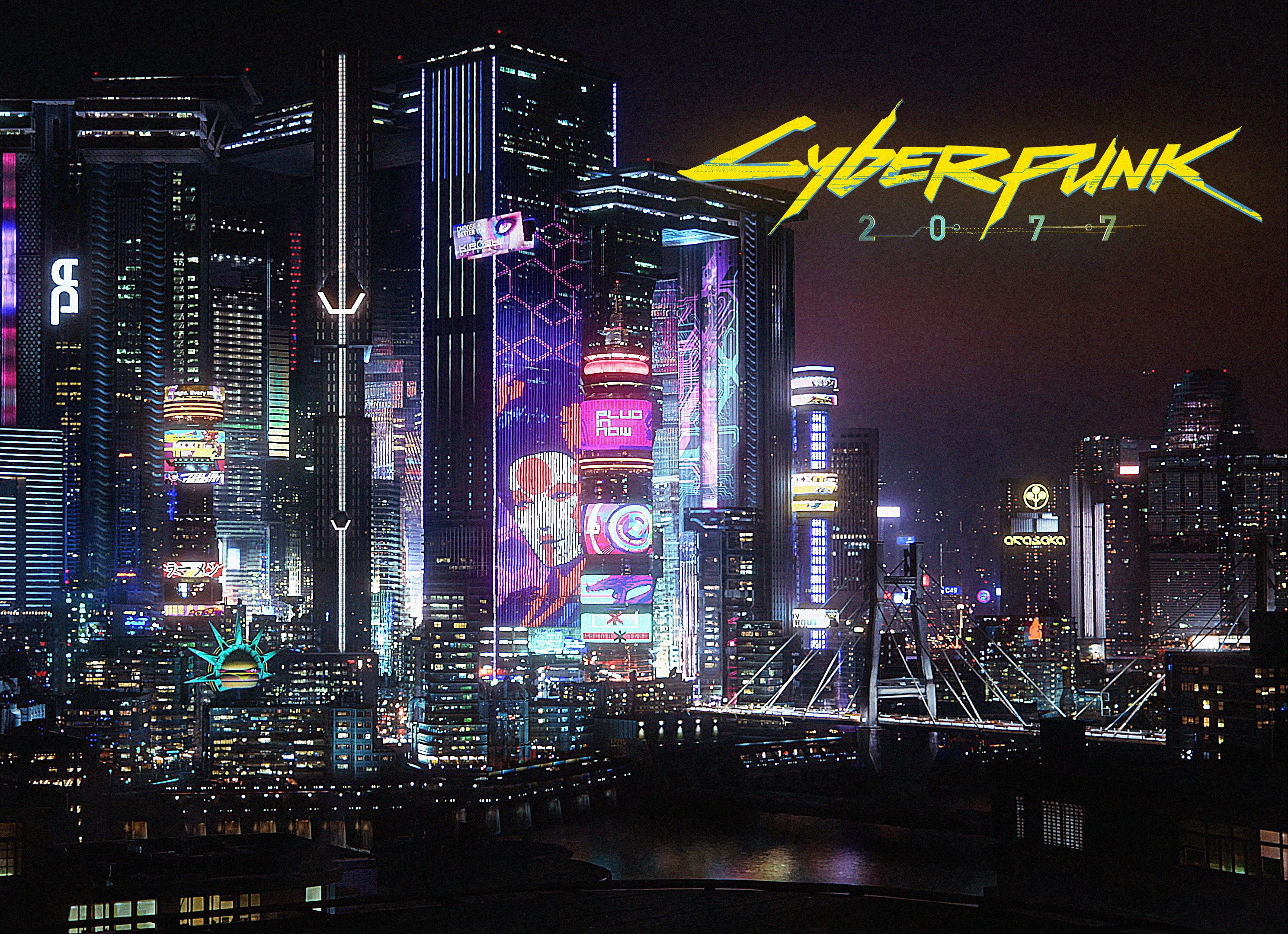Of all the surreal and unforgettable spectacles that Metal Gear Solid V: The Phantom Pain offers—a flaming whale breaching a sea of clouds, a quiet hospital hallway turning into a corridor of hell, a man on fire piloting a metal gear—few are as quietly profound as the sight of Venom Snake, the legendary mercenary commander, gently stroking the neck of his horse, D-Horse, in the middle of the Afghan desert. This isn't a programmed animation on a timer; it is the culmination of a system that represents the very soul of the game: the Bonding system. And achieving "Max Horse Friendship" with D-Horse is not a mere gameplay checkbox; it is a narrative and thematic journey in microcosm, reflecting the core themes of connection, loss, and identity that define The Phantom Pain.
At its most basic mechanical level, the Bonding system is a progression of trust. Initially, D-Horse is a tool, a means of faster traversal across the vast open worlds. He is skittish, unresponsive to advanced commands, and will throw Snake off if startled by gunfire or nearby tanks. The path to maximum bonding is paved with simple, repeated interactions: feeding him apples, patting him, riding him extensively, and calming him when he's agitated. Each interaction is a small dialogue, a non-verbal exchange that slowly transforms the relationship from one of utility to one of partnership. This mechanic brilliantly mirrors the core gameplay loop of MGSV itself, which is all about building connections—with your Mother Base staff, your Diamond Dogs, and your ever-expanding arsenal of tools. But with D-Horse, it is stripped of menus and management screens. It is pure, tactile, and intimate.

The true power of this bond is revealed not in the quiet moments, but in the chaos of combat. A horse at maximum friendship is no longer just a vehicle; he is a brother-in-arms. He will autonomously defecate on command to cause enemy vehicles to skid out—a bizarre yet effective tactic that is both hilarious and a testament to the unique trust between them. More importantly, he will stand his ground. Where a low-bond horse would bolt at the first sign of danger, Max Bond D-Horse remains calm. He allows Snake to use him as a steady platform for sniper shots, to perform drive-by (or rather, ride-by) tranquilizer dart takedowns, and to provide a moment of stable cover in a firefight. In the middle of an outpost assault, with bullets flying and alerts sounding, the ability to whistle and have your trusted companion gallop to your exact location, never flinching, is a gameplay advantage that feels earned on an emotional level. It’s the difference between controlling a asset and relying on a partner.
This partnership transcends mere gameplay utility and taps directly into the game's poignant narrative. Venom Snake is a man defined by silence and a fractured past. He is a phantom, a construct built upon the legend of another man. His connections to the world are often mediated through radio calls and mission objectives. In this context, D-Horse becomes his most honest and silent confidant. The horse asks no questions, demands no explanations, and offers no complicated loyalties. He is a constant in a world of shifting allegies and hidden truths. The simple act of patting the horse after a grueling mission, watching Snake gently rest his head against its mane, is a wordless expression of a burden too heavy for words. It is a moment of solace, a tiny island of peace in the endless war. This bond represents a connection that is not based on the legacy of Big Boss, the politics of Cipher, or the economy of a private military force. It is pure, uncomplicated, and entirely his.
The name "D-Horse" itself is curiously impersonal, a military designation like all the other "D" tools at Snake's disposal: D-Dog, D-Walker. Yet, through the bonding process, the player inevitably sheds this clinical label. He becomes "my horse." This act of re-naming through affection is a small but significant act of ownership and identity creation for the player and for Venom Snake. In a game about the phantom pain—the haunting sensation of a limb that is no longer there—D-Horse becomes a real, tangible presence that grounds Snake. He is the opposite of a phantom; he is warmth, life, and unwavering loyalty.
The bond’s ultimate test and greatest reward is perhaps the "Poop Dive" maneuver. This seemingly juvenile tactic, where D-Horse will slide on his haunches to a stop, kicking up a cloud of dust and dung, is a masterstroke of emergent gameplay. It’s a move that feels born not from a developer’s script, but from the unique, trusting relationship between player and companion. It is impractical, undignified, and utterly magnificent—a perfect metaphor for the unpredictable, personal stories that MGSV’s systems allow to emerge.
In the end, achieving Max Horse Friendship is one of the most complete and satisfying experiences in The Phantom Pain. It is a journey that encapsulates the game's design philosophy: systems over script, player-driven narrative, and the profound connections that can form in the spaces between the missions. D-Horse is more than a way to get from point A to point B. He is a silent witness to Venom Snake's journey, a steadfast partner in his battles, and a living, breathing antidote to the phantom pain. In the stark, beautiful, and brutal world of MGSV, the bond between man and horse is not a side activity; it is a vital thread in the fabric of the story, a reminder that even in a world consumed by revenge and loss, there is still room for a simple, trusting connection. It is the one relationship that remains untainted, a genuine bond in a life built on phantoms.














